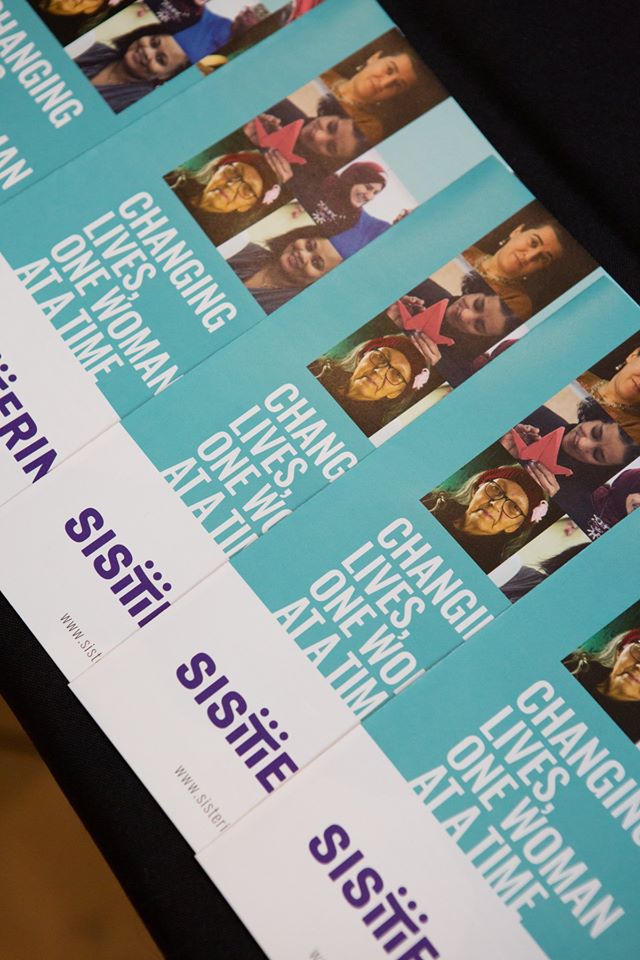
Sistering Policies & Framework for Anti-Oppression & Diversity Policy 1
Sistering recognizes that the core challenge with respect to diversity work is not simply a matter of access and inclusion for communities and stakeholders traditionally marginalized based on gender, sexual orientation, race, economic status, language ability, religion preference, age and ability.
Issues of power and privilege and underlying, often unspoken, ideologies of domination and subordination often reinforce and maintain our organizational hierarchies, even when actors change.
The principles of inclusion involve a clear recognition that society is not homogenous and diversity is enriching, not a problem. The policy recognizes that ideas and practices based on, or modeled after, norms of dominant culture or society can result in exclusion and discrimination for a number of people in society. Inclusion in an organization requires a strategic process to eliminate barriers and implement change that is based on accepting that many people do not have access to services, jobs and positions of leadership because of societal and systemic factors rather than because of personal deficiencies. This process includes the active and meaningful involvement of people who reflect the diverse groups within a community (3).
Sistering recognizes that a combination of factors and approaches informs an effective anti-oppression and diversity framework. These include knowledge of cultural dynamics, understanding legal responsibilities and recognition of the impact of diversity on organizational effectiveness. An anti-oppression framework, implemented through culturally competent practice, further recognizes when core cultural and institutional structures ought to change and that changes in our personal attitudes are critical as well. It explicitly examines power relationships and sees the parallels, intersections and distinctions between all forms of oppression and the ways in which they manifest themselves. Anti-oppression also recognizes dominant group privilege and internalized oppression and sees the overlap and distinctions between both.
- This Analytical Framework for Anti-oppression Policy is based on a Discussion Paper from the Centre for Addiction and Mental Health, Toronto.
- Adapted from Inclusive Community Organizations: A Tool Kit produced by the Ontario Healthy Communities Coalition in 2004.
- Adapted from Inclusive Community Organizations: A Tool Kit produced by the Ontario Healthy Communities Coalition in 2004.